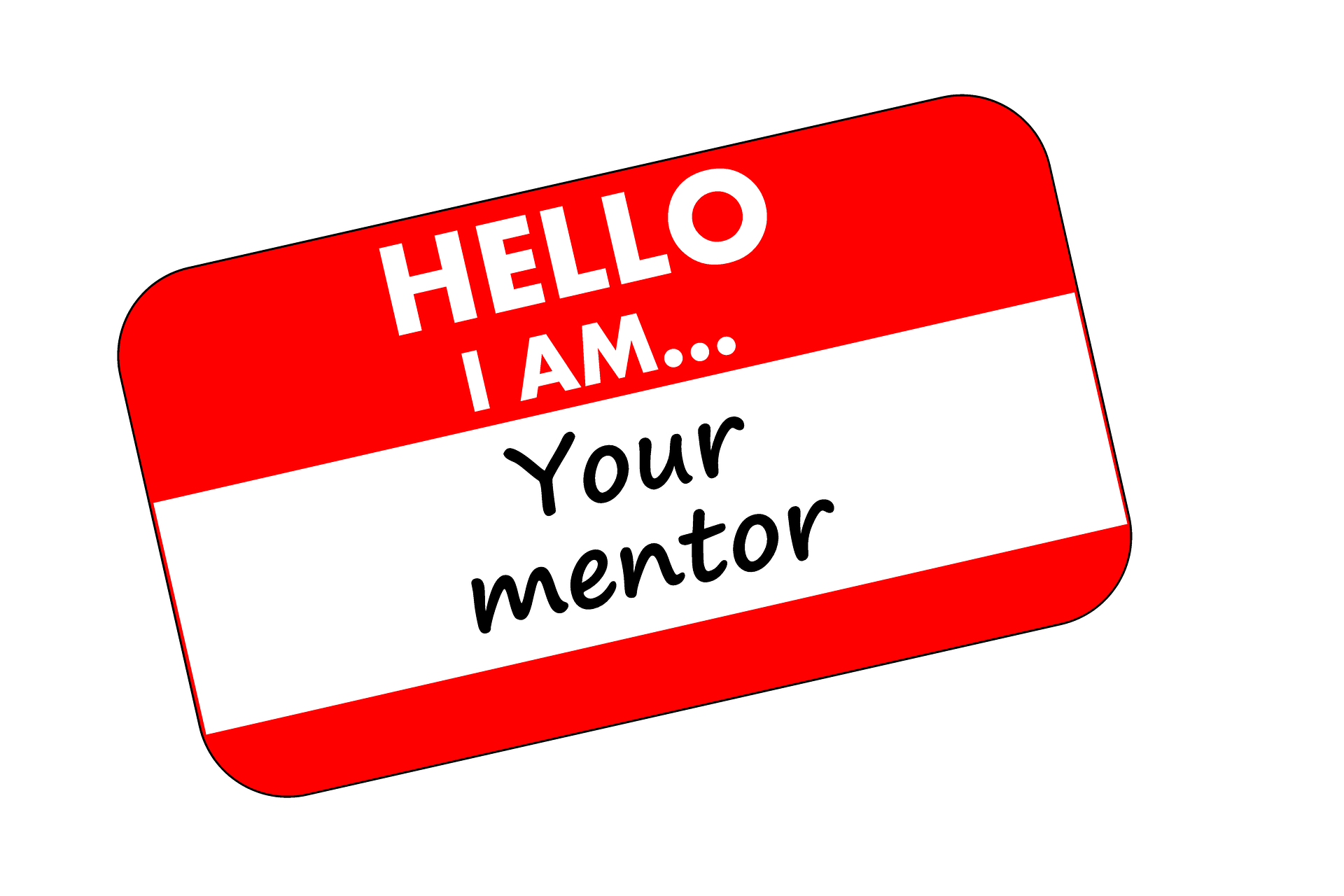By Athina Frantzana
 I hear more and more people talking about mentoring and looking for a mentor to guide them in the fast and demanding rhythms of the modern lifestyle and workload. But mentoring is not an invention of the modern world. From the ancient Greek mythology, where goddess Athena disguises to an old man mentor to help Odysseus and his son Telemachus through their respective life journeys, to the mid-1990’s, where the term “mentor” is added in the professionals’ vocabulary, mentoring has existed around us. But why do we need it? Aren’t we clever and capable enough to guide ourselves?
I hear more and more people talking about mentoring and looking for a mentor to guide them in the fast and demanding rhythms of the modern lifestyle and workload. But mentoring is not an invention of the modern world. From the ancient Greek mythology, where goddess Athena disguises to an old man mentor to help Odysseus and his son Telemachus through their respective life journeys, to the mid-1990’s, where the term “mentor” is added in the professionals’ vocabulary, mentoring has existed around us. But why do we need it? Aren’t we clever and capable enough to guide ourselves?
Most people – if not all – reach some points in their life where they are not sure how to act or react towards certain circumstances or people. That’s the exact moment when they need an objective opinion from someone else, maybe with more experience or expertise; an opinion which is not influenced by personal feelings, direct workplace relationships or that seeks rewarding. You can surely be offered advice by your line-manager, coach or other colleagues, and you can accept it. But what happens when there is not such offer? What happens when you need to make an important decision, like quitting your job, changing career or dealing with a more personal matter, and you don’t feel comfortable enough to discuss it with someone from your direct work environment? That’s when you need a mentor.
I know cases where people have developed a good, friendly relationship with a person from their workplace – or even from a former work or study environment, such as their supervisor – and they have kept this going until now. They feel that they have found someone who knows them quite well, they have good and frequent communication, and where they can seek prompt advice and guidance. Usually they don’t call this a “mentor-mentee” relationship, but that’s what it is. This is an example of “informal” mentoring. “Informal” mentoring does indeed have some advantages, if you are lucky enough to have found somebody with good chemistry and communication. Not all people though are so lucky; neither are they so extrovert to approach another person and ask for advice. It’s even more difficult when it comes to students, junior staff members or women in a male dominated environment. That’s when the “formal” mentoring is needed.
I can simply describe “formal” mentoring as the assignment of a mentor to every individual of a company or organisation, according to their needs. Some people argue that ‘pushing’ someone to have a mentor or to become a mentor is not appealing and it might work negatively. But we need to consider those who need guidance, and they don’t have the confidence to admit it and struggle. Having a mentor allocated to everyone means that this person is there for you even if you don’t need them. So, we have to understand the importance of “formal” mentoring schemes.
Certainly, not everybody wants to be a mentor or can be a good mentor. That’s why each company and organisation should provide training for mentoring, and of course the option to be a mentor or not. Yes, mentoring needs time and dedication, training and planning; but if you can see the results and the difference that mentoring can bring to the mentee, the mentor and the workplace respectively, you will definitely add it to your busy schedule.
This blog was first published on LinkedIn Pulse on 20 July 2017.
[one_third valign=”top” animation=”none”]
[/one_third]
[two_third_last valign=”top” animation=”none”]
Athina Frantzana is a PhD research student in EPCC (Edinburgh Parallel Computing Centre) at the University of Edinburgh, and she is a member of WHPC since 2014. Her research focuses on gender diversity in the HPC community, the causes, the problems this brings to the community, and the benefits of increasing diversity. She has participated in several conferences related to gender equality matters (Gender Summit 4, 6, 7), as well as HPC related conferences (EASC, PRACEDays, ISC) as attendee, volunteer, speaker, and with posters. Within WHPC, apart from her research, Athina supports the social media team,and the events and workshops organised by WHPC with administrative work. She has a scientific background with an MSc in Mineralogy-Petrology-Geochemistry.
[/two_third_last]


